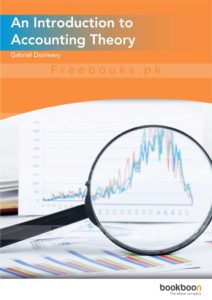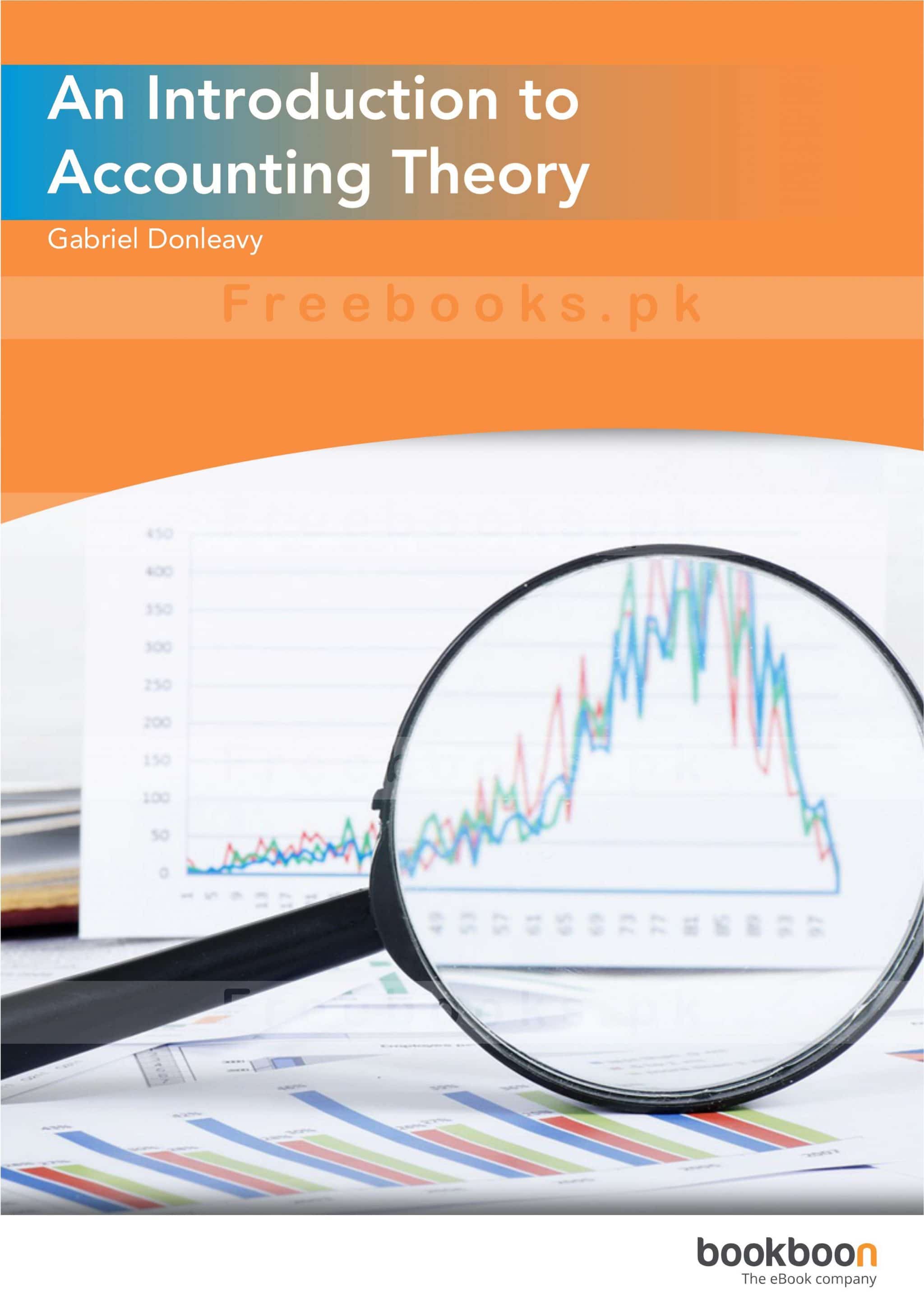
Free Download the Book An Introduction to Accounting Theory,
LEARNING OUTCOMES
After completing this book, the reader will be able
- to explain why accounts are the way they are,
- to evaluate the competing theories of why accounting is the way it is,
- to understand the main alternative accounting treatments of items whose valuation is controversial,
- to appreciate the different developments taking place now and formulate a view about them
- And to think critically about any claim wherever it may be or wherever it may have come from
PREFACE
This introduction to accounting theory book is different from other accounting theory books. It is only some 150 pages long instead of over 500. It is written by one person, not by a whole committee or consortium. It includes every major development on accounting up to the year of the book’s publication 2016. That means, unlike other texts on accounting theory, it addresses the 2015 revision of the conceptual framework by the International Accounting Standards Board, the 4th version of the Global Reporting Initiative, and the postulates of the new Integrated Reporting with its new definitions of capital. Another way in which this book differs from other accounting theory textbooks is that it meant for an international audience, not one circumscribed by the borders of the US, UK or Australia. It concerns global accounting issues, not national ones, but it is not a book on international accounting. It is an introduction to accounting theory. The book is meant to be easy to read so I apologise for including references and citations. If I left them all out, you would not know whether what I was saying was my personal opinion or had some authoritative evidence to back it up. I have tried to minimize the references though, consistent with the requirements of the need to evidence statements and give credit to theory inventors and innovative thinkers. I hope I have made it very obvious when anything is just my personal opinion. The final way in which this book differs from other accounting theory books is that it is deliberatively aimed at enhancing your critical thinking ability. Provocative statements are made to get you thinking. Some widely held theories are reviewed skeptically to get you in the habit of casting a critical eye on sacred cows like the EMH that are delivering neither milk nor miracles. The social and economic context of accounting is regularly brought into discussion to stop you swallowing whole the idea that any aspect of social studies can be wholly neutral; and accounting, like all of business studies is a social study. It is done by people about people to people. It is not just about what things people own and what those things are worth. This is the first edition. All being well, it will be updated every year, and reader feedback will be taken very seriously in writing subsequent editions too. All the best for your studies in general and for accounting in particular
Gabriel Donleavy
